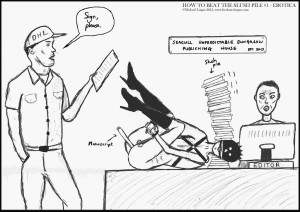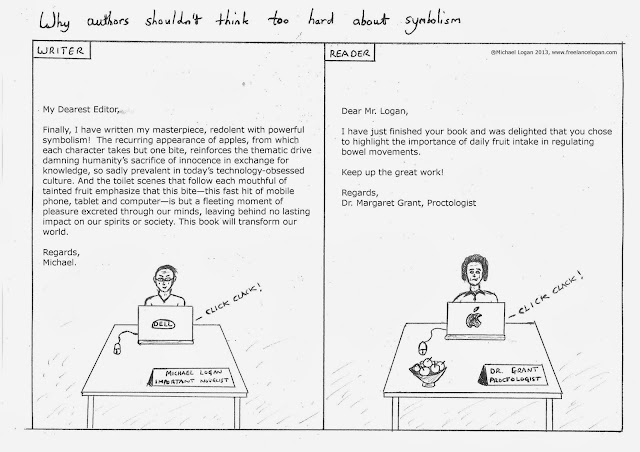This clearly isn’t ideal, as it hampers both the quality and quantity of my output, but the only way I can go full-time is to live under a bridge and wrestle with three-fingered Jack at the bins round the back of Asda for a can out out-of-date dog food with which to feed my kids. And let me tell you, Jack more than makes up for his finger deficiency with his willingness to bite in the clinches, so I’d rather not have to face up to him again.

